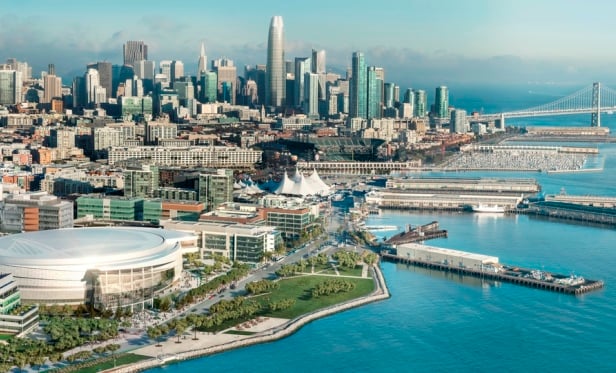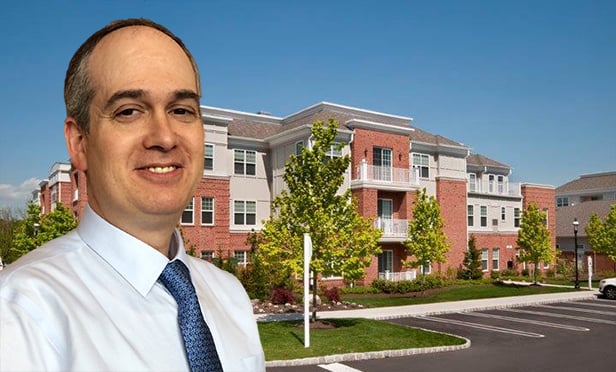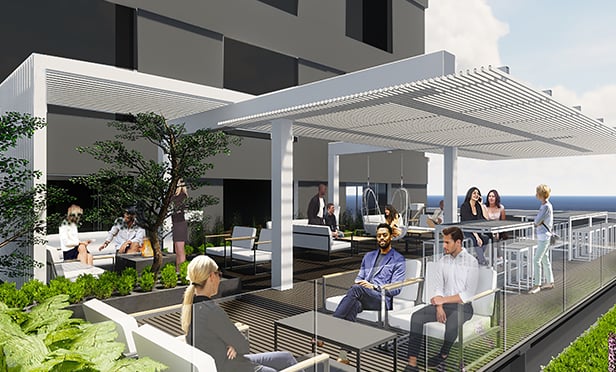The Small Business Administration’s SOP for 7a & 504 loans(currently SOP 50 10 5 (E)) has become a very popular policy forenvironmental due diligence that many banks have adopted as theirown bank policy. Instead of trying to reinvent the wheel, or(for SBA lenders) having two policy’s in place – one for the bankand one for 7a & 504 loans – they have simply instituted theSBAEnvironmental Policy for all loans. Bank regulators havestated that they are looking to see that lending institutions havea policy in place and that all loans adhere to that policy, and theSBA Environmental Policy is a great guideline that may be useful toany lender looking to create a formal environmental policy.
In essence, the SBA 50 10 5 (E) SOP mandates a tiered approachto environmental due diligence, based on loan size and propertytype/risk. Lower risk properties (such as office buildings)and smaller loans (under $150K) don’t have to do a full Phase IEnvironmental Site Assessment, but instead start with a limitedenvironmental report as a cost effective way to screenproperties for environmental risk. If an issue is identified,or the property use is high risk (such as an auto servicingfacility), then the level of due diligence increases to a Phase 1 ESA or more in somecases.
Partner has created a helpful flowchart that depicts this tieredprocess of the SBA’s Steps of an Environmental Investigation.
Continue Reading for Free
Register and gain access to:
- Breaking commercial real estate news and analysis, on-site and via our newsletters and custom alerts
- Educational webcasts, white papers, and ebooks from industry thought leaders
- Critical coverage of the property casualty insurance and financial advisory markets on our other ALM sites, PropertyCasualty360 and ThinkAdvisor
*May exclude premium content
Already have an account?
Sign In Now
© 2024 ALM Global, LLC, All Rights Reserved. Request academic re-use from www.copyright.com. All other uses, submit a request to [email protected]. For more information visit Asset & Logo Licensing.








